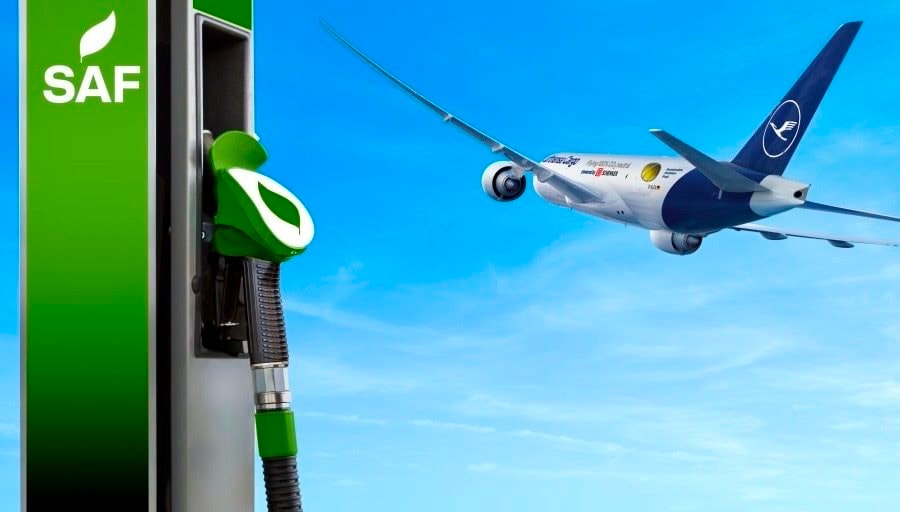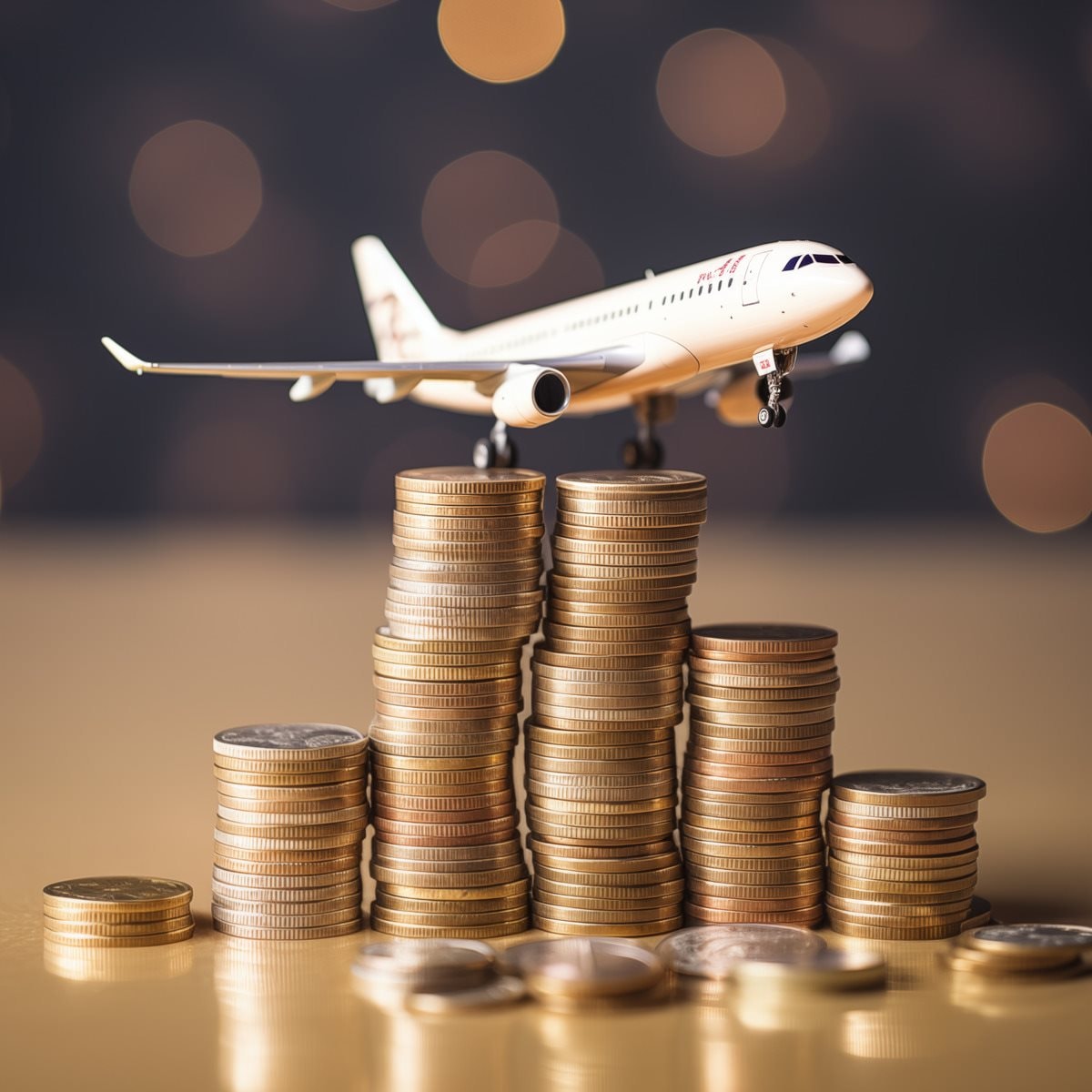Lufthansa Cargo and Swiss Increase Surcharge Due to Sustainable Aviation Fuel (SAF)
English - Ngày đăng : 15:30, 25/09/2024

Lufthansa Cargo and Swiss to Add SAF Costs to Airfreight Surcharge
Lufthansa Cargo and Swiss WorldCargo, both part of the Lufthansa Group, announced that from January 1, 2025, SAF costs will be included in the Airfreight Surcharge (ASC). Initially, a 2% SAF blending ratio will be applied to flights departing from EU countries in accordance with the RefuelEU initiative. This ratio will gradually increase to 6% by 2030 and reach 70% by 2050.
The RefuelEU initiative is part of the European Commission’s "Fit for 55" package, aiming to reduce emissions by 55% by 2030 compared to 1990 levels. Lufthansa Cargo also pointed out that other countries are working on similar plans. For example, India plans to implement a SAF blending ratio of 1-5% by 2027, while Singapore will require 1% SAF starting in 2026, rising to 3-5% by 2030.
Call for Support in Developing the SAF Market
Lufthansa Cargo emphasized that the aviation industry cannot develop a competitive SAF market without government support. They argued that a targeted policy strategy is necessary to increase SAF production and reduce its cost, which is currently 3-5 times more expensive than fossil fuels and only available in small quantities.

Since 2015, Lufthansa Cargo and Swiss WorldCargo have implemented the ASC as a combined surcharge to cover uncontrollable costs, such as fuel, exchange rates, and security expenses. These surcharges are calculated using an indexed system and are adjusted according to fluctuations in additional costs.
Both companies are committed to achieving carbon-neutral CO₂ emissions by 2050 and to reducing net CO₂ emissions by 50% by 2030 compared to 2019 levels. They also offer emissions reduction and offset services for customers, including Green Choice from Swiss WorldCargo and Sustainable Choice from Lufthansa Cargo.
The inclusion of SAF costs in the airfreight surcharge is a necessary step to meet the increasing environmental standards in the global aviation industry. Lufthansa Cargo and Swiss WorldCargo are leading the way in complying with new regulations and promoting the use of sustainable fuels. However, achieving ambitious emission reduction goals will require strong government support and a comprehensive strategy to create a competitive and sustainable SAF market in the future.
Emission Reduction Targets of Lufthansa Cargo and Swiss WorldCargo 2025:
Start applying a 2% Sustainable Aviation Fuel (SAF) blending ratio for flights departing from the EU.
2030: Increase SAF blending ratio to 6% and reduce net CO₂ emissions by 50% compared to 2019.
2050: Achieve carbon-neutral CO₂ balance, with 70% SAF in aviation fuel.
Customer Service: Offer emissions reduction/offset options through Green Choice (Swiss WorldCargo) and Sustainable Choice (Lufthansa Cargo).
